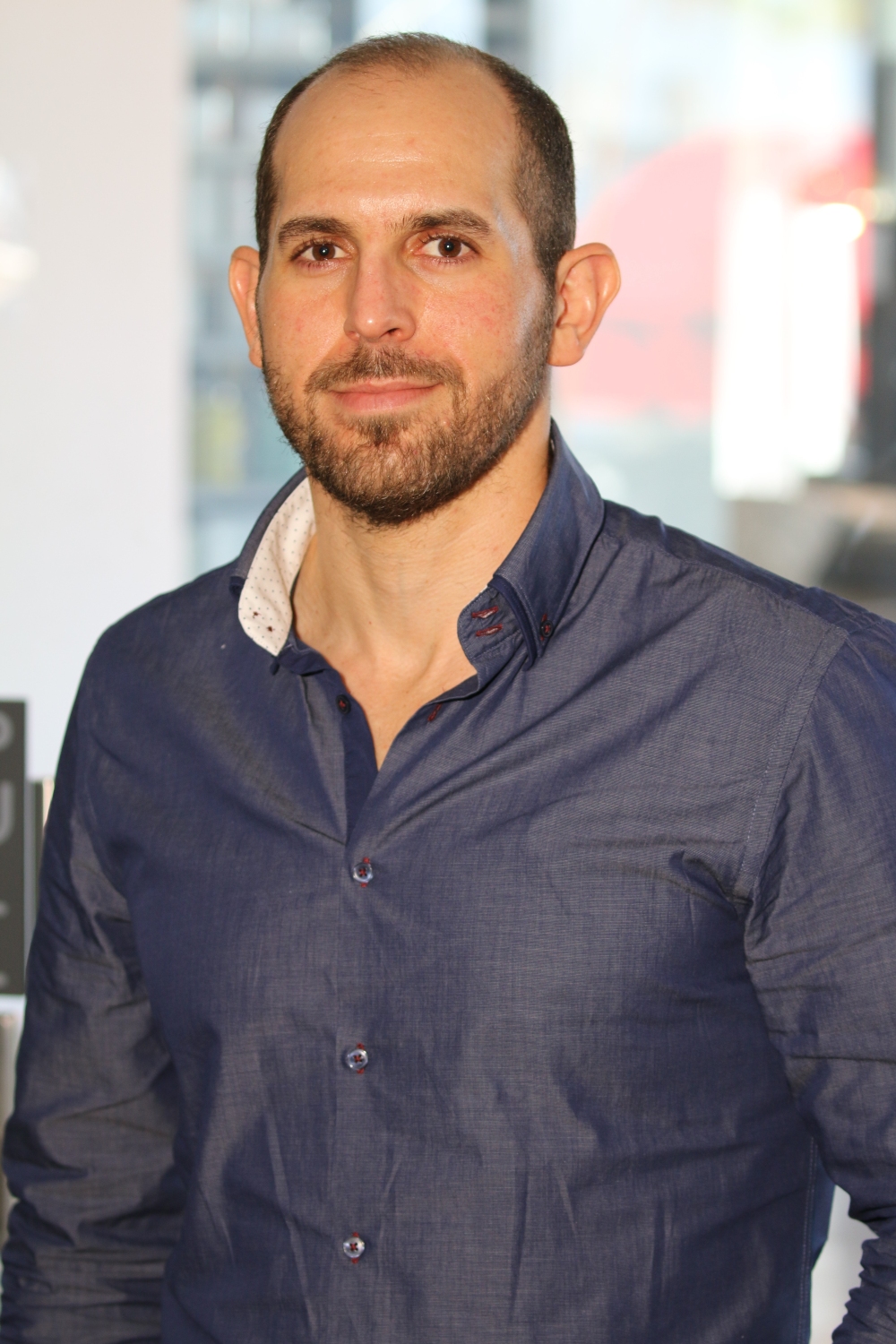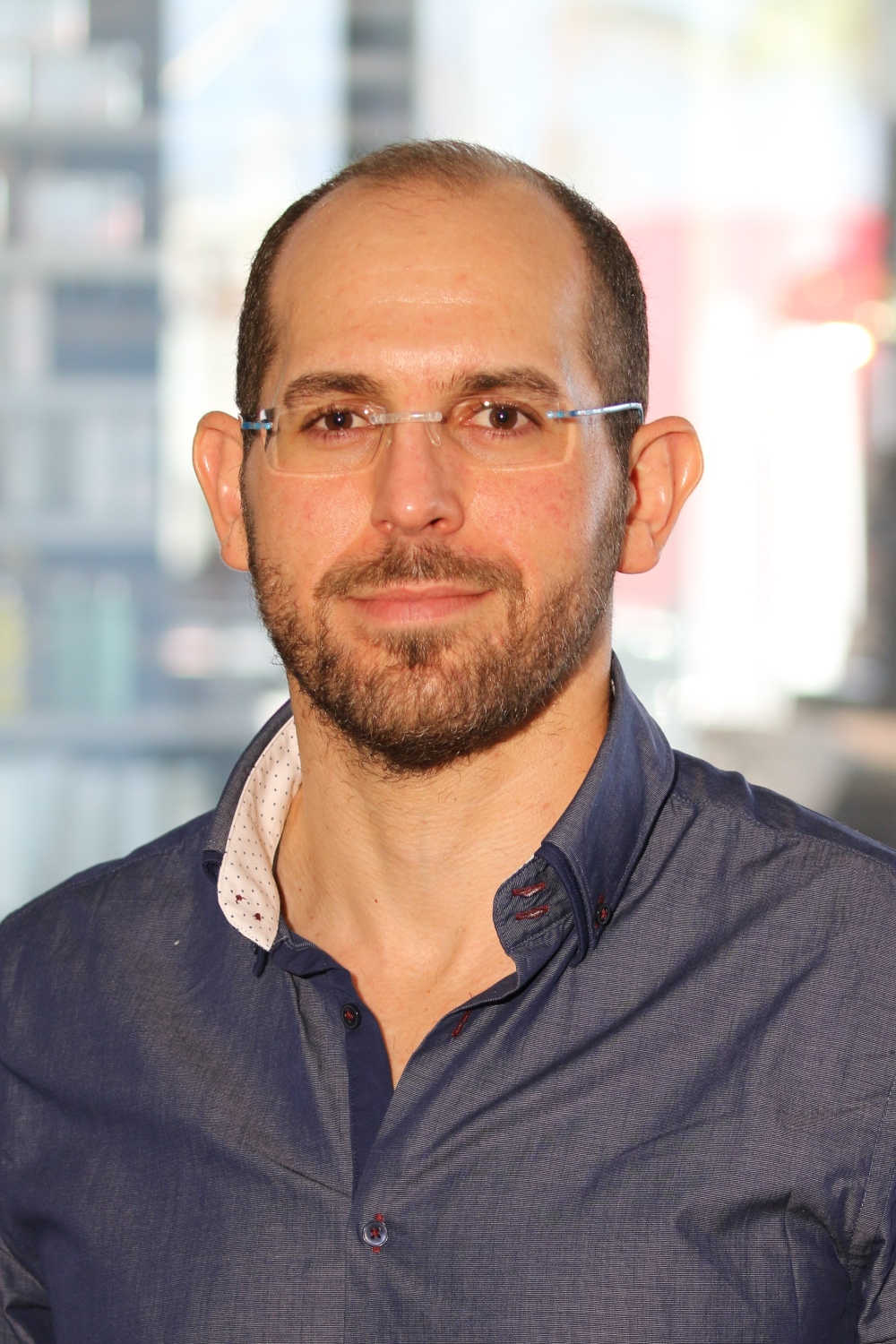Early-stage African tech investor HAVAÍC says aligning to startup founders’ interests, allowing management to maintain their independence, leveraging off smart capital and working together towards a mutually favourable exit is the foundation for successful collaboration between Venture Capital (VC) investors and startups.
Ian Lessem, Managing Partner at HAVAÍC, notes that for African startups with international ambitions, partnering with professional investment managers with proven expertise, well established networks, and experience in scaling businesses both locally and abroad are non-negotiable. “We focus on bringing about strategic value in the companies we invest. Our approach is very much about solving backwards from the end goals and carefully considering what foundations need to be put in place, the next strategic moves, and which partnerships need to be cemented along the way.”
 In just five years HAVAÍC have built an African tech portfolio of 13 companies in South Africa, Kenya, and Nigeria, in sectors ranging from healthtech, safetech, and proptech to fintech. These companies service close to half a million customers in over 180 countries across the globe. In pursuing the right fit for their business, Lessem says startups should look closely at a potential VC partner’s track record for delivering on agreed investment terms and adding strategic support. “In HAVAÍC’s unique case, our reputation for providing the right insight as well as professional services relating to commercial negotiations, local and international capital raising and partnering, and internationalising intellectual property speaks for itself.”
In just five years HAVAÍC have built an African tech portfolio of 13 companies in South Africa, Kenya, and Nigeria, in sectors ranging from healthtech, safetech, and proptech to fintech. These companies service close to half a million customers in over 180 countries across the globe. In pursuing the right fit for their business, Lessem says startups should look closely at a potential VC partner’s track record for delivering on agreed investment terms and adding strategic support. “In HAVAÍC’s unique case, our reputation for providing the right insight as well as professional services relating to commercial negotiations, local and international capital raising and partnering, and internationalising intellectual property speaks for itself.”
By way of an example, in 2018 HAVAÍC made its first investment into AURA, an emerging leader in the provision of technology enabled access to on demand emergency services. Speaking about AURA’s journey with HAVAÍC, who is a member of the company’s board, Warren Myers, AURA’s CEO says, “In a market where few investors are truly willing to invest and support early-stage ventures, HAVAÍC, plugs an important gap in the local venture capital ecosystem, and has proven to be a great partner for AURA.” When HAVAÍC first invested into AURA they had one commercial contract in SA. They now have operations in SA, Kenya and the UK servicing national and global champions such as FirstRand and Uber, and plan to expand into other parts of Africa as well as Central and South America.
In 2019 HAVAÍC invested in the hearX Group, a global leader in digital hearing care technologies. More recently, HAVAÍC led another investment round, injecting a further $1.3 million (R18.8 million) into the company from local investors. In the same round hearX completed a multimillion-dollar funding round led by US-based venture capital group Bose Ventures, which invested $3 million (R43.4 million), to boost the launch of its direct-to-consumer hearing aid solution in the United States. Says Nic Klopper, hearX’s CEO, “HAVAIC’s attitude of prioritising the needs of their portfolio companies, combined with their unique insights, networks and experience, makes them an ideal partner for technology companies looking to expand locally and abroad.” With its US expansion well under way, hearX serves as a great example of how local startups led by skilled entrepreneurs, coupled with the right investment partners and driven by technology, can scale internationally.
While African VC as an investment class is still in its infancy, Lessem says for this reason it presents immense opportunity for entrepreneurs and investors alike. “Being involved in the African tech VC space is like living in a book by Dr Seuss, where everything is wonderfully topsy turvy and upside down. Despite local economic head winds in South Africa and global challenges, African entrepreneurs continue to not only meet these challenges, but when armed with technology, the right people and partners and access to markets, whilst maintaining their unique identity and culture, they don’t merely survive but thrive.”


